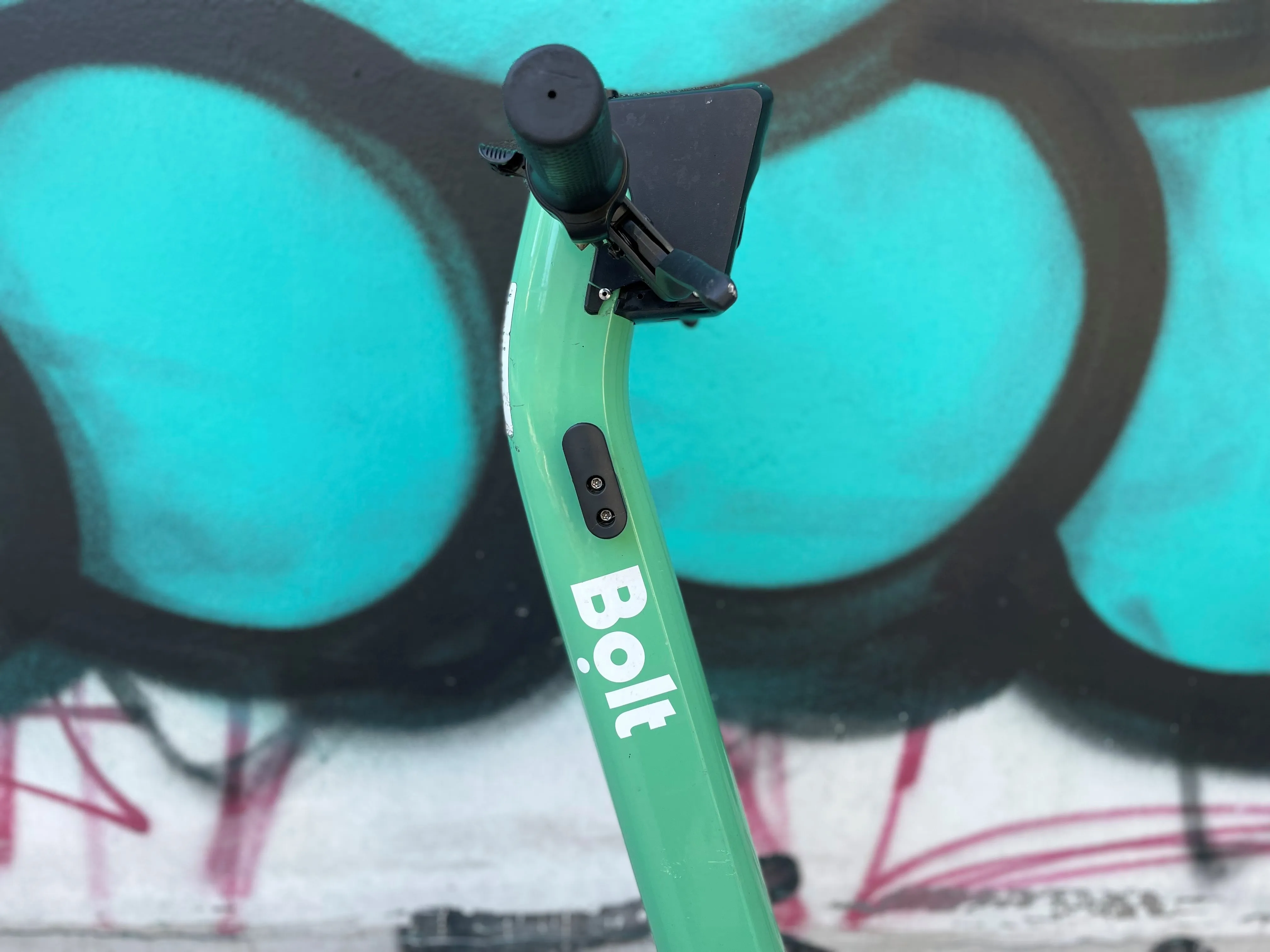
Artificial intelligence (AI) firm Currux says this accuracy is maintained at day and night, in the rain and when part of the camera view is obstructed. Costar's high-resolution cameras and systems are a suitable platform for deploying the platform in transportation sectors, the company adds.
According to Currux, the system removes the need for constant human oversight and limits observation time by autonomously monitoring traffic cameras and systems. It is expected to count and identify vehicle types, slow traffic, wrong way traffic, pedestrian detection and counting and speeding while also offering a dashboard that does not require a separate video management system to operate.
Alex Colosivschi, founder of Currux, says the solution is designed to “accelerate wide-scale adoption of AI-capabilities by cities and businesses both in the US and internationally.”
The test was carried out in the city of Grapevine.










